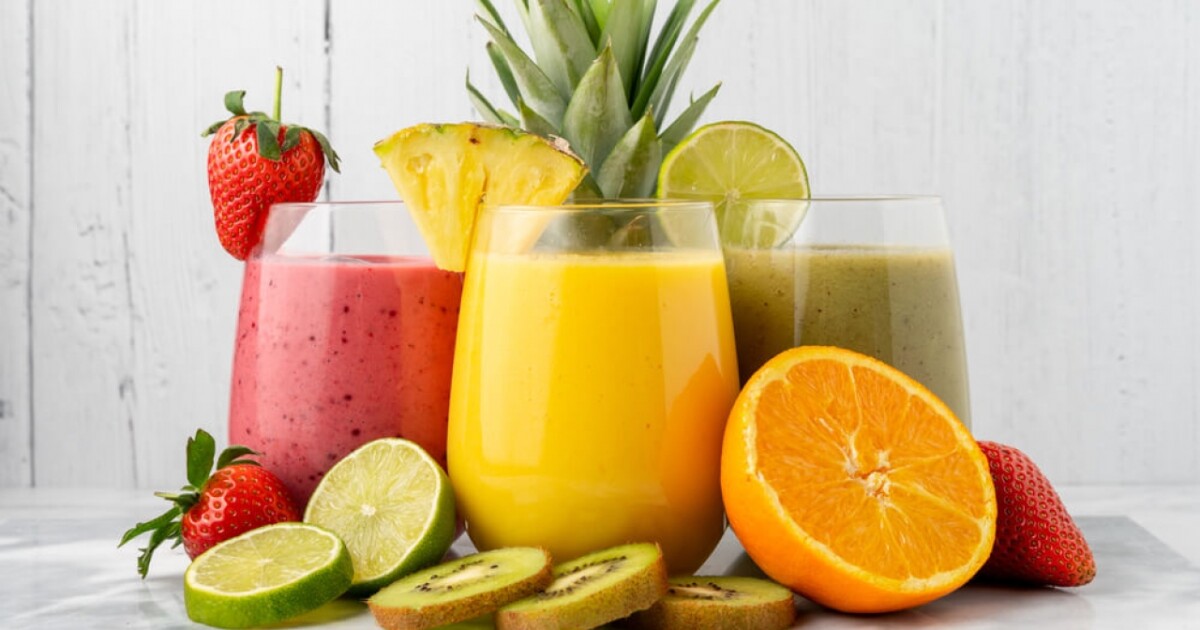Drinking a glass or more of 100% fruit juice daily has been associated with a slight increase in weight among both children and adults, according to a recent analysis of previous studies.
“One fundamental problem with juice is quantity; consuming fruit this way makes it so easy to overdose,” remarked Dr. Walter Willett, a leading nutrition researcher at Harvard T.H. Chan School of Public Health and Harvard Medical School.
He pointed out that a glass of juice, like orange juice equivalent to about three oranges, can be consumed quickly and easily, leading to a rapid intake of calories and a spike in blood glucose levels.
Over time, excessive sugar in the blood can contribute to insulin resistance, metabolic syndrome, diabetes, heart disease, obesity, and other chronic conditions, experts caution.
“While the study’s conclusions suggest an association rather than direct causation, they are ‘quite valid and match what we see clinically,'” noted pediatric endocrinologist Dr. Tamara Hannon, a member of the American Academy of Pediatrics’ committee on nutrition.
The American Academy of Pediatrics advises against juice consumption for babies under 1 year old due to concerns over rising rates of childhood obesity and dental cavities.
For children aged 1 to 3 years, intake should be limited to 4 ounces per day, and for children aged 4 to 6 years, it should not exceed 6 ounces daily.
“There’s really no health reason to have juice instead of whole fruits and vegetables unless your child cannot tolerate eating regular food,” stressed Hannon, who directs the pediatric diabetes program at Riley Hospital for Children and serves as a professor at Indiana University School of Medicine.

For older children and adults, national nutritional guidelines recommend a daily limit of 8 ounces of 100% juice, and juice should not be relied upon as a healthy thirst-quencher.
“General guidance advises against routine juice intake—replacing water for thirst or consuming juice solely for health benefits,” explained Dr. David Katz, founder of True Health Initiative, a nonprofit focused on evidence-based lifestyle medicine.
“Fruit juice is not for daily health—it’s an occasional sweet treat. In that context, it’s a much better choice than soda, for many reasons,” added Katz.
Despite the confusion over the potential harms of 100% fruit juice, experts emphasize that whole fruits and vegetables offer a different nutritional profile. They contain fiber, which slows the release of natural sugars like fructose into the bloodstream.
“When we take away the fiber and the structural parts of the food, our body digests and metabolizes it differently,” said Hannon.
Consuming whole fruits keeps blood sugar levels stable compared to drinking fruit juice, which can cause a rapid increase in blood sugar levels due to its concentrated sugar content.
Additionally, consuming calories in solid form allows the brain to better register them and adjust food intake accordingly, whereas liquid calories from juice may not trigger a feeling of fullness, potentially leading to overeating.
The meta-analysis, published in JAMA Pediatrics, reviewed 42 studies—17 involving children and 25 involving adults. It found that each additional serving per day of 100% fruit juice was associated with a slight increase in body mass index (BMI) in children and adults.
“While these changes in BMI per person may seem small, they can have a significant impact across the global population, especially since many people consume larger servings of juice than recommended,” warned Hannon.
“Parents should discuss with their doctor, but should not consider juice a healthy thirst-quenching drink,” she advised. “For snacks and treats, offer your child whole fruit if they can eat it, and limit juice to no more than half a cup a day if you’re using it as a fruit serving.”
